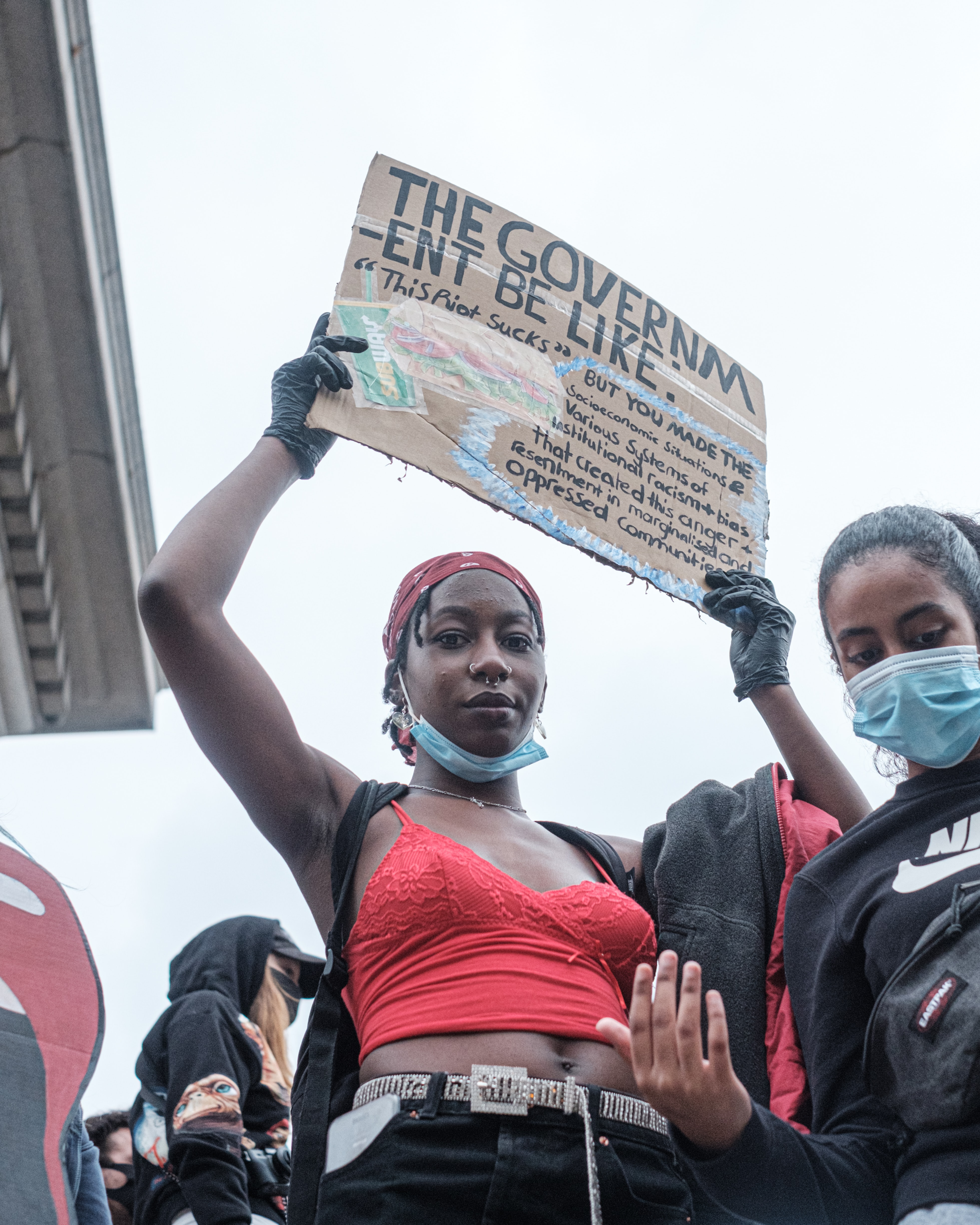South Africa: The Corruption Epidemic That’s Sweeping Through The Nation
Image Source: Unsplash
Corruption seriously threatens any country’s economic growth, social stability, and development. South Africa is no exception. Corruption in South Africa takes different forms – from individual bribes to companies making back-door deals with government officials to fraud involving the country’s suppliers or partners. It is also present in almost all areas of South African society, from public procurement contracts for new hospitals and schools to allocating land for housing developments and mining rights to local businesses. South Africa has implemented various anti-corruption schemes and laws over the past decade but failed to tackle this growing problem effectively. The recent spate of corruption scandals involving high-profile politicians and businesspeople has left many citizens disillusioned about their country’s prospects.
Corruption in the health sector
Health care is one of society’s most critical areas of service delivery. South Africa’s health system is under strain due to insufficient funding, an aging workforce, and a lack of innovation. Corruption is an additional element that can threaten the quality of care. Many people in South Africa cannot afford private health insurance and rely on public health care services. Corruption can occur at different levels because the government is responsible for the public health sector. Bribes are sometimes paid to get a diagnosis or a recommendation for treatment. Other abuses include state employees ordering unnecessary medical equipment or health care facilities using supplies past their expiry dates.
Corruption in education
Education is another critical sector vulnerable to corruption, as it is highly dependent on state funding. South Africa has many low-income households, so there is a high demand for primary state-funded education and training. There are also increasing expectations around quality, such as the need for digital infrastructure and services. As a result, the government allocates large amounts of money to education each year. The country’s universities and colleges are among the most corrupt institutions. Bribes are typically paid for places in undergraduate or postgraduate programs, fraudulent academic reports, or special consideration for admission or graduation. There have also been reports of corruption in primary and secondary schools. Teachers and principals sometimes accept bribes from parents to improve grades or allow students to cheat in exams. Sometimes, a school’s governing body may be involved in the abuse.
Corruption in the housing sector
The government has recognized the critical need for low-cost housing for many years. However, corruption has undermined the planning and construction of new housing developments. Some contractors and building companies have offered bribes to government officials to win contracts for new housing developments. The companies may use substandard materials to save money and increase their short-term profits. This can result in structurally unsafe houses that do not meet the required building codes. Other companies have used bribes to secure government funding to build public housing. This can result in delays or the government losing track of funding. Large numbers of people are on waiting lists for low-cost housing. This is yet another reason why they are easy targets for bribe-seeking contractors.
Corruption among suppliers of essential goods
South Africa imports a large amount of goods from sub-Saharan countries. Many of these suppliers have bribed customs and port officials to avoid paying import duties. This has undermined the government’s ability to collect income and fund critical services like healthcare and education. Corporate corruption has also been an issue in South Africa. Companies sometimes pay bribes to government officials to win contracts or secure special considerations, such as expedited project permits. Graft has also been reported in the procurement process for the country’s new nuclear power plant and for the procurement of trains for the country’s new high-speed rail link.
Police corruption
Corruption in the police force is a long-standing problem in South Africa. Some officers have extorted money from people who live in high-crime neighborhoods or who frequent bars or nightclubs known for criminal activity. Police officers may also use their position to secure special benefits, such as the right to drive a vehicle that has not been registered or insured. Low salaries and a lack of oversight have exacerbated the issue. The government has made some progress in tackling police corruption, but there is still much to be done.
Judiciary corruption
Judges and magistrates in South Africa have a significant amount of power over the lives of citizens. They are in charge of sentencing criminals, land disputes, and other legal issues. Judges and magistrates are supposed to be completely independent and free from all forms of corruption. However, there have been reports that some of them have accepted bribes. There are also issues with the transparency and efficiency of the country’s legal system. Many cases have taken years to be resolved and have resulted in people living in limbo, unable to move on with their lives.
Conclusion
Corruption severely threatens any country’s economic growth, social stability, and development. It is also a global issue, with emerging economies such as South Africa affected. The problem is complex and will not be resolved overnight. It requires a sustained effort by South Africans at all levels of society to fight graft and hold those involved accountable. The country’s leaders must also crack down on corruption and set an example by prioritizing the fight against bribery and fraud.
Share This





